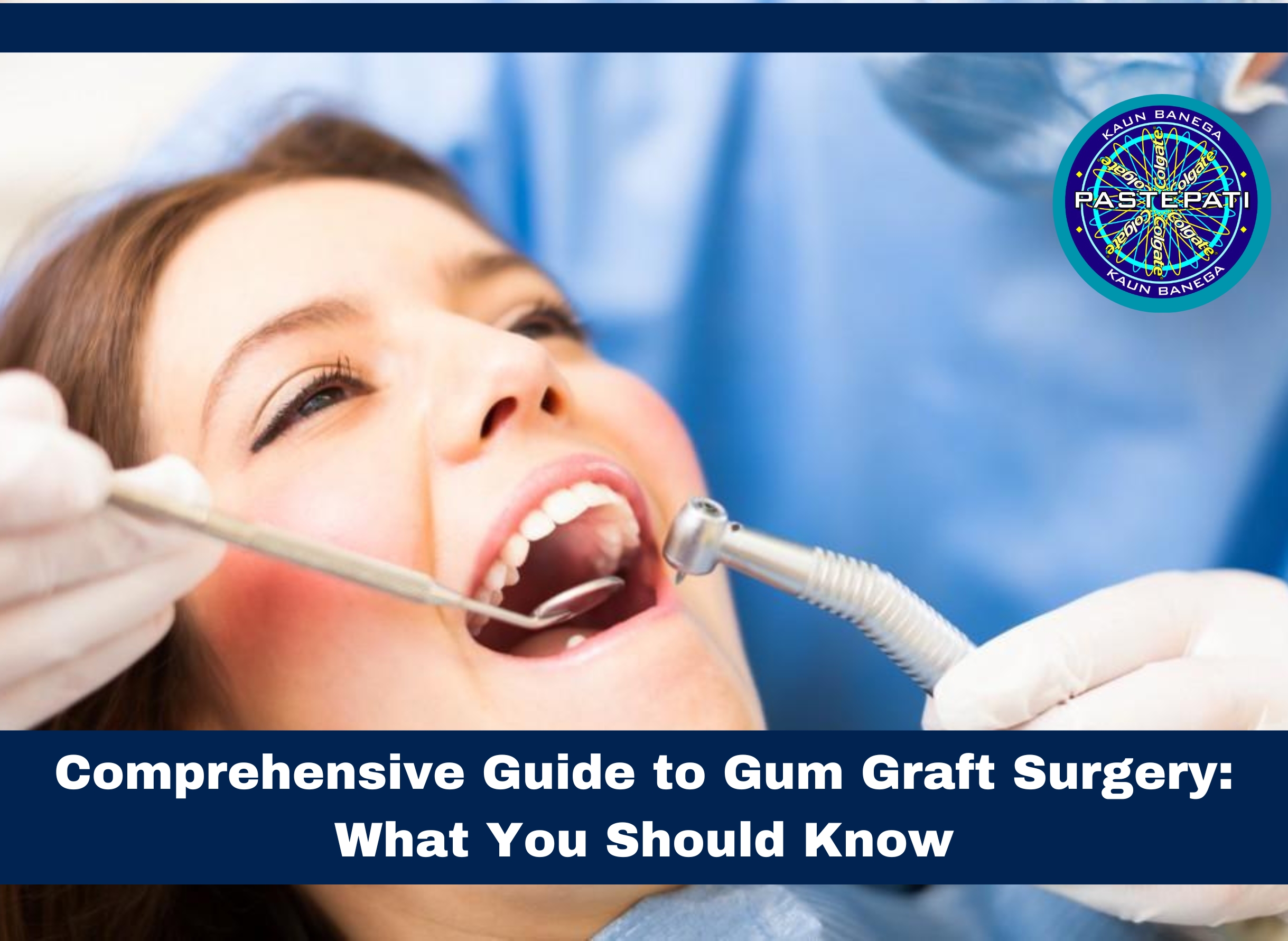
Stress is an inevitable part of life, but its impact on our overall well-being can be profound. What you might not realize is that stress can significantly affect your oral health. In this wellness article, presented by Kaunbnegapastepati, your trusted dental clinic in Ludhiana, we will explore the relationship between stress and oral health. Additionally, we’ll provide you with a quiz to help you recognize stress-related oral health issues and recommend effective relaxation techniques to manage stress.
Read: Caring for Your Child’s Teeth: Tips for Parents
Understanding the Connection: Stress and Oral Health
Stress affects your body in various ways, and your mouth is no exception. The oral health-stress connection is evident in several ways:
1. Teeth Grinding (Bruxism): Stress often leads to teeth grinding, a condition known as bruxism. Over time, bruxism can result in worn-down teeth, jaw pain, and even fractures.
2. Canker Sores: Stress can trigger the development of painful canker sores in your mouth.
3. Gum Disease: Chronic stress may weaken your immune system, making you more susceptible to gum infections and diseases.
4. Dry Mouth: Stress can reduce saliva production, leading to dry mouth. This condition can contribute to tooth decay and bad breath.
5. Poor Oral Hygiene: High-stress levels can lead to neglect of oral hygiene routines, increasing the risk of cavities and gum disease.
Read: Choosing the Best Toothbrush and Toothpaste: A Complete Guide
Quiz: Recognizing Stress-Related Oral Health Issues
Before we explore strategies for managing stress, let’s assess your awareness of stress-related oral health issues. Please answer the following questions honestly:
Question 1: Do you often wake up with a sore jaw or headache?
- Yes
- No
Question 2: Have you noticed any changes in your oral habits, such as increased teeth clenching or grinding?
- Yes
- No
Question 3: Do you frequently experience canker sores or mouth ulcers?
- Yes
- No
Question 4: Have you been told that you snore loudly or grind your teeth during sleep?
- Yes
- No
Question 5: Do you find it challenging to maintain your regular oral hygiene routine during stressful periods?
- Yes
- No
Now, let’s evaluate your responses to identify any potential stress-related oral health issues:
- If you answered “Yes” to question 1, you may be experiencing the physical effects of stress on your jaw and head.
- Frequent teeth clenching or grinding, as indicated in question 2, can be a sign of stress-related bruxism.
- If you often experience canker sores or mouth ulcers (question 3), they may be linked to stress.
- Snoring loudly or grinding teeth during sleep (question 4) may suggest nighttime bruxism, often associated with stress.
- Struggling to maintain your oral hygiene routine during stressful times (question 5) can increase your risk of dental problems.
Read: Interactive Activities for Tiny Teeth: Nurturing Healthy Smiles
Strategies for Stress Management
Now that we’ve assessed stress-related oral health issues, let’s explore effective strategies for managing stress and promoting better oral health:
1. Mindfulness Meditation:
- How it helps: Mindfulness meditation reduces stress levels and encourages relaxation.
- Try this: Dedicate a few minutes each day to practice deep breathing and focus on the present moment.
2. Exercise Regularly:
- How it helps: Physical activity releases endorphins, which are natural stress relievers.
- Try this: Incorporate a daily walk, yoga, or other forms of exercise into your routine.
3. Maintain a Balanced Diet:
- How it helps: A well-balanced diet provides essential nutrients that support overall health.
- Try this: Include plenty of fruits, vegetables, whole grains, and lean proteins in your meals.
4. Limit Stimulants:
- How it helps: Reducing caffeine and nicotine intake can decrease anxiety and promote better sleep.
- Try this: Gradually reduce your consumption of coffee, tea, and cigarettes.
5. Practice Relaxation Techniques:
- How it helps: Techniques like progressive muscle relaxation and deep breathing can calm your body’s stress response.
- Try this: Set aside time daily for relaxation exercises to unwind.
6. Seek Professional Help:
- How it helps: If stress becomes overwhelming, consider speaking to a therapist or counselor.
- Try this: Reach out to a mental health professional who can provide guidance and support.
7. Maintain Oral Hygiene:
- How it helps: Continue to prioritize your oral hygiene routine even during stressful periods.
- Try this: Brush and floss your teeth at least twice a day, and don’t skip regular dental check-ups.
8. Custom Mouthguards:
- How it helps: If stress-related bruxism is a concern, your dentist can create a custom mouthguard to protect your teeth during sleep.
- Try this: Consult your dentist at Kaunbnegapastepati to discuss this option.
Read: Dental Health Tips: Quick Guides for a Radiant Smile
Conclusion
Managing stress is not only beneficial for your mental and emotional well-being but also crucial for your oral health. By recognizing stress-related oral health issues and implementing relaxation strategies, you can minimize the impact of stress on your mouth and overall health. If you have concerns about stress-related dental problems or need professional guidance, don’t hesitate to reach out to Kaunbnegapastepati, your trusted dental clinic in Ludhiana. Remember, a healthy smile starts with a relaxed mind and effective stress management.




